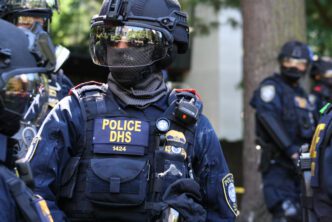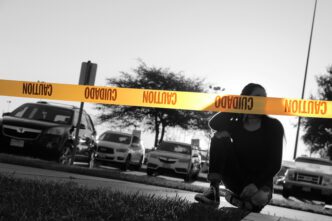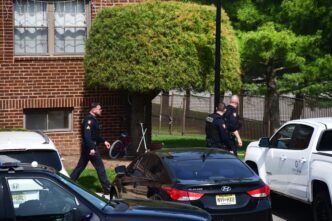Executive Summary
- Bangladesh has deployed its military to secure the International Crimes Tribunal ahead of a verdict in the case against former Prime Minister Sheikh Hasina.
- The verdict concerns charges of crimes against humanity related to a crackdown on student protests in July 2024.
- Security has been heightened across Dhaka and other key districts following recent bomb explosions and rising tensions.
- Sheikh Hasina is being tried in absentia, having fled the country after her ouster; she denies the allegations against her.
DHAKA, BANGLADESH – Authorities in Bangladesh have deployed military personnel and significantly increased security in the capital and surrounding areas as the nation’s International Crimes Tribunal (ICT) prepares to deliver a verdict in a high-profile case against former Prime Minister Sheikh Hasina. The Supreme Court requested the army’s deployment to secure the tribunal premises amid heightened political tensions.
The verdict, which is expected today, pertains to charges of crimes against humanity against Hasina and two of her senior aides. The case is linked to their alleged roles in a crackdown on widespread student protests during the July 2024 uprising. Prosecutors have indicated that parts of the judgment may be broadcast live, pending final approval.
The security measures follow a period of unrest in Dhaka, which included several crude bomb explosions on Sunday. While no casualties were reported, the incidents have contributed to a tense atmosphere. In response, police, the Rapid Action Battalion, and Border Guard Bangladesh personnel have established a heavy presence at key intersections and government buildings in Dhaka and other districts, including Hasina’s ancestral home of Gopalganj.
Sheikh Hasina, 78, is being tried in absentia. She fled to India following her ouster from power in August 2024 and has consistently denied any wrongdoing in connection with the charges against her. Officials have warned that any attempts to incite violence or commit arson will be met with decisive force. It is important to note that all individuals are presumed innocent until proven guilty in a court of law.






